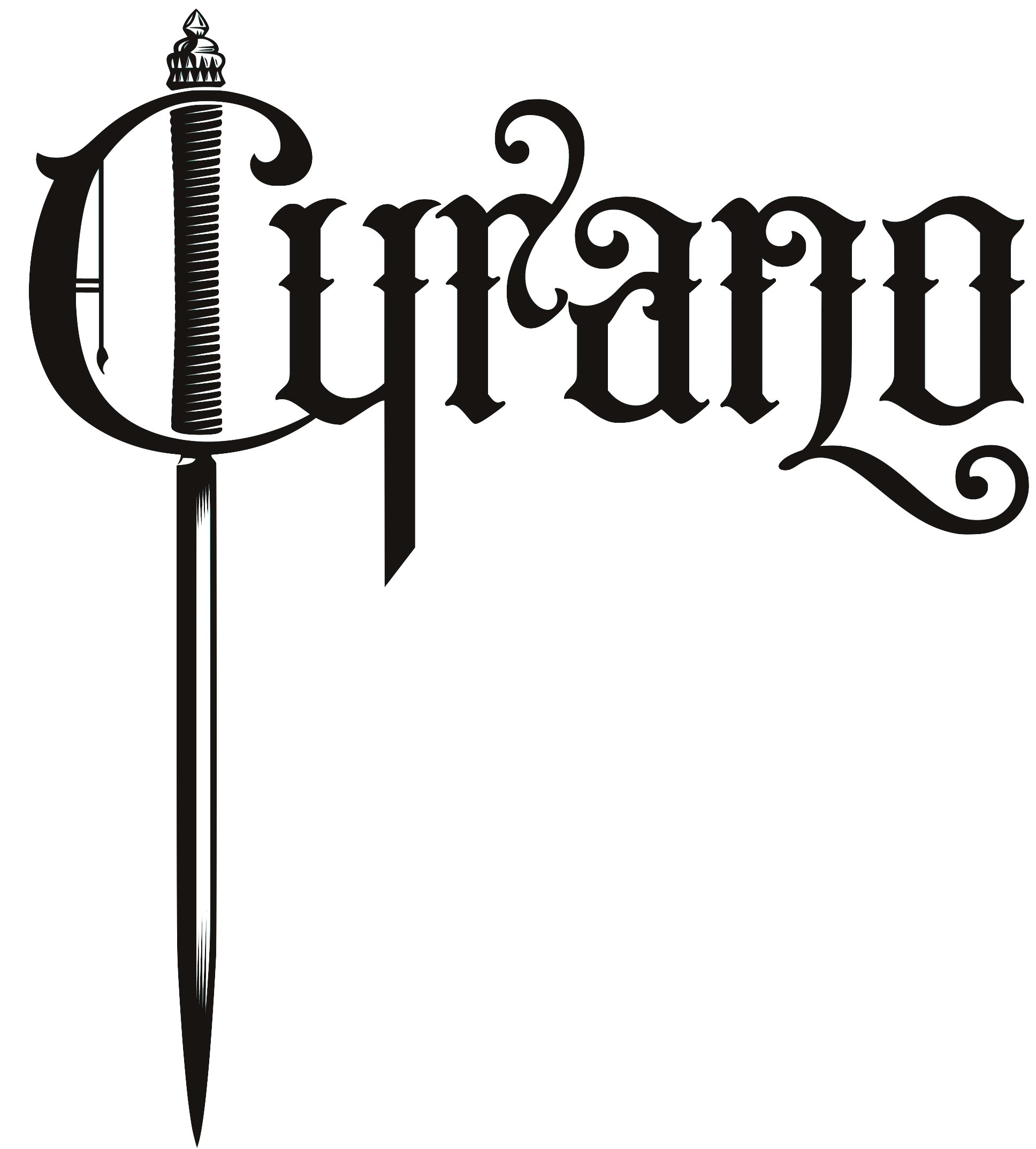Armagnac Vs Cognac
Armagnac vs Cognac
They have much in common: they are both French premium spirits produced in South West France, they are both white wine grape brandies with their own Appellation Contrôlée, they are both aged in oak in well-charred barrels, they can both be aged for considerable periods, they are both normally reduced in strength before bottling, and they share many of the same quality descriptors.
The closest similarity between Armagnac and Cognac production is that of tequila to mezcal. If cognac is tequila, Armagnac is mezcal: Smaller, wilder, more original. Armagnac retains a larger range of flavors and aromas, has a fruitiness to it, though it’s not sweet and it’s very complex.
And there are many differences. Being the most important distinction that cognac is dominated by the big companies and its production is industrial and on a large scale (180 million bottles per year worlwide), with lots of money behind it, while Armagnac is made on artisanal scale (only 5 million). That one distinction drives much of the difference you find in the bottle and in the glass.
Where Cognac is known for its smooth richness, Armagnac has more jagged peaks of flavor, which can vary from chocolate and caramel to woodsy, fruity, almost floral. Armagnac is often said to be more rustic than Cognac, but I think it is more accurate to describe it as more intense.
Armagnac has a longer history, is usually single rather than double distilled and, like single malt whisky, is generally sold on character rather than smoothness. But it never achieved the same level of fame like Cognac. Very much due to the fact that its home region didn't have good river and sea connections to reach the English and Dutch merchants in the past like Cognac did.
The majority of Armagnac is consumed in the French market while the vast majority of cognac is exported (98%)
Armagnac has come into wider use lately, as many bartenders prefer this brandy’s boldness and uniqueness in cocktails over the easily overpowered subtlety of cognac. But what’s the best and quickest way to describe it when the bar is three deep on a Friday night?
Ezra Star, the general manager of Drink in Boston, calls it an “earthier French spirit. Cognac is often a house style, while Armagnac is the taste of one farmer at one time”, while Kaleb Cribb of Atlanta’s Holeman and Finch says it’s “the cooler older brother to cognac that taught him about rock ’n’ roll.” The famous bartender Salvatore Calabrese thinks: “The difference between cognac and Armagnac? Imagine a length of velvet and another of a silk fabric. Stroke them. The velvet has a deep, rich texture. That is an Armagnac. The silk is pure finesse, and that, to me is a Cognac.”
That reminds me my neighbour Jean-Christophe who once took a sip of Armagnac, closed his eyes, and said "like Baby Jesus in a velvet suit."
Similarly, enthusiasts have come up with colorful if not always illuminating metaphors to describe the distinction between Cognac and Armagnac. The master sommelier Gérard Basset writes, “Armagnac is to Cognac what the Rolling Stones were to the Beatles.” Paula Wolfert quotes a Gascon friend of hers who characterized Cognac as “a pretty girl in a freshly laundered smock carrying a basket of wildflowers” and Armagnac as “a tempestuous woman of a ‘certain age,’ someone you don’t bring home to Mother…”
I’ve been a lover of Armagnac, if not tempestuous women, for centuries, and my opinion is that some of the descriptions mentioned are absurd. I much prefer Armagnac over cognac which I preferred until I found Armagnac.
“Armagnac. Not the best known, but known by the best.”
Cyrano



